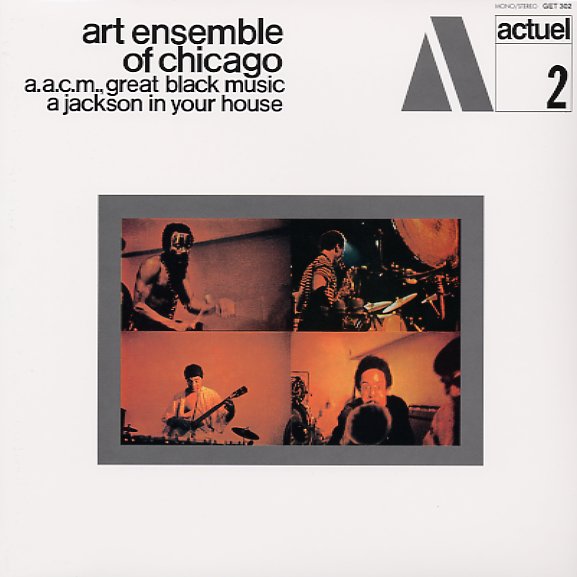Archie Shepp’s remarkable first
full studio album Four for Trane[1] consists mostly of Coltrane
covers—unsurprising considering the title—but his follow-up Fire Music, recorded in the wake the
assassination of Malcolm X, counts three Shepp compositions alongside tunes by
Duke Ellington and Antonio Carlos Jobim. The last of these Shepp compositions
is “Malcolm Malcolm Semper Malcolm,” a brief poem reflecting on X’s passing,
which happened a week before the recording, followed by an expressive, pained
solo by Shepp with minimal backing by David Izenzon and J.C. Moses on bass and
drums respectively.
Malcolm X is not an explicit
presence on any of Shepp’s albums in the four years after Fire Music, although his legacy haunts every sonic, cultural, and
personal exploration that Shepp undertook during this time. In August 1969,
when Shepp recorded three studio albums for BYG Actuel over the course of five
days, he decided to grapple once again with the X’s towering legacy. What’s more,
he again chose to use a poem to do this on “Poem for Malcolm,” which closes out
the first side of the album of the same name.[2]




